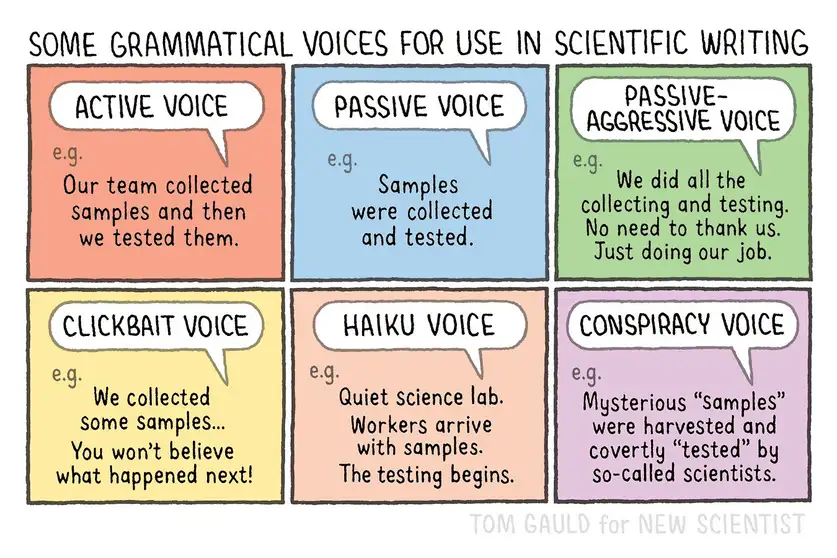"Welcome in!", part 2
Entertaining article in Wall Street Journal (WSJ) by Joe Pinsker (5/30/25):
‘Welcome In.’ The Two-Word Greeting That’s Taking Over and Driving Shoppers Nuts.
The phrase has spread to coffee shops and credit unions, and customers are wondering why; ‘like a slap to the ear’
The first thing I have to say is that I'm amazed this article doesn't mention the Japanese greeting "Irasshaimase いらっしゃいませ", a phrase meaning "welcome" or "please come in". It's a polite greeting used to welcome customers when they enter a shop or restaurant in Japan.
Last September, we had a lengthy, vigorous discussion about the "welcome in" greeting sweeping southwest United States, including a deep look at its Japanese "Irasshaimase" heritage which we examined in 2021 (see "Selected readings" below).
Read the rest of this entry »

